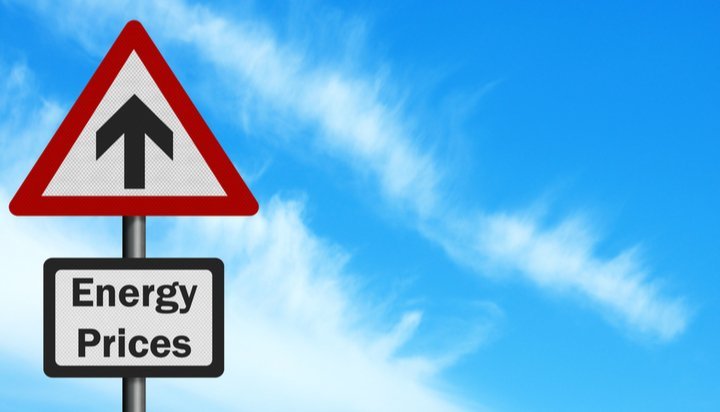The European Commission has raised this year’s growth forecast for the 19 countries, saying that the economy rebounded from the worst of the coronavirus pandemic as consumers returned to stores and employees went back to work in customer-facing roles.
The commission reported that the eurozone grew from 4.8% to 5.0% in the summer and is forecasted to slide below 4.3% in 2022 as it faces multiple adverse economic shocks.
The EU’s largest economy, Germany, is predicted to grow by 2.7% this year. According to the Commission, France, the EU’s second-largest economy, will expand by 6.5% this year due to consumer spending and employment levels, driving healthier government revenues.
In a forecast statement, EU Economic Commissioner Paolo Gentiloni said, “The European economy is moving from recovery to expansion but is now facing some headwinds”. An unprecedented policy response lessened the impact for EU citizens by extensive government assistance in the form of a furlough scheme, paying employee salaries and a vaccination programme, allowing the economy to reopen since the spring.
Despite the EU’s executive branch announcing that the economy is recovering from the worst pandemic, warns, rising energy prices threaten to constrain the EU recovery to expansion. Suppose high retail energy prices continue to increase, with depleted oil reserves and the lack of support from Russia. In that case, this will ultimately hit household bills and businesses, putting more pressure on people’s spending capacity, logistic logjams strained supply chains and raw material shortages.
Around 43% of the manufacturing sector has been affected by the shortages of raw material and equipment, while services companies were far less concerned.
In October, inflation for energy reached as high as 23.5%, up from 17.6% in September on an annual basis. The Commission forecasts energy prices to remain high until next March when temperatures increase and the energy consumed from heating decreases.
The former Latvian prime minister said, “that inflation must be strictly controlled and adjusted our policies if necessary”. Interruptions in the supply chains weigh down Germany, Europe’s largest economy, other manufacturing industries – especially in the most industrialized countries such as Italy. He warns that appropriate measures need to address to ensure these headwinds do not push the recovery off course.
Annual inflation – the rate at which prices for goods and services change over time – rose from -0.3% in the last quarter of 2020 to 2.8% in autumn. Inflation could predictably lead to an increase in the cost of living wages, pinching the low-income families and the younger generation the hardest.
ECB President Christine Lagarde remains optimistic that foreseeable inflation targets in the medium terms could be met, with targets set of below 2%. She said, “While inflation will take longer to decline than previously expected, we expect these factors to ease in next year”. The bank will update the forecast data in December.
The ECB predicts oil and natural gas prices to decline slowly, painting a slightly better picture of the EU’s public finances in the next year or two.


